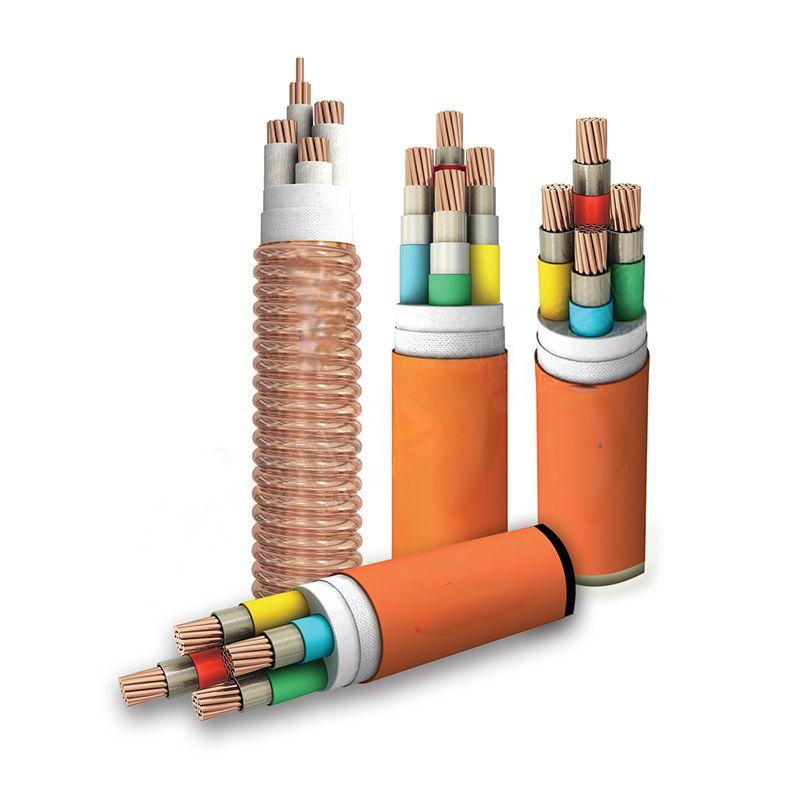Dhj . 24, 2024 13:19 Back to list
Understanding the Functionality and Importance of Control Valves in Process Systems
Understanding Control Valves A Key Component in Fluid Management
Control valves are essential devices used in a variety of industrial applications to regulate the flow and pressure of fluids. As a critical part of any control system, they play a significant role in ensuring processes run smoothly and efficiently. In this article, we will explore the types, functions, and importance of control valves in modern engineering.
What is a Control Valve?
A control valve is a mechanical device that modulates the flow of a fluid by varying the size of the flow passage. This variability is crucial for achieving desired process conditions, such as temperature, pressure, and flow rate. Control valves can be used in various fluids, including gases, liquids, and steam, making them versatile components in many industries.
Types of Control Valves
Control valves can be classified into several categories based on their design and operational mechanism. The most common types include
1. Globe Valves Renowned for their ability to provide excellent flow regulation, globe valves are commonly used in applications that require throttling. Their design includes a spherical body, hence the name, and they feature an internal baffle that causes the fluid to change direction.
2. Ball Valves These valves are popular for their quick operation and reliability. They utilize a spherical disc, or ball, that rotates to open or close the valve. They are typically used for on/off control rather than throttling.
3. Butterfly Valves Featuring a circular plate or disc that rotates around an axis, butterfly valves are lightweight and compact. They are commonly used for large volume flow control and are quick to operate.
4. Check Valves Check valves are designed to prevent backflow in a system, ensuring that the fluid flows in one direction only. They are crucial for protecting equipment and ensuring safe operation in various applications.
5. Pressure Relief Valves These are safety devices that protect equipment by releasing excess pressure when it exceeds a predetermined limit, thereby preventing potential failures or explosions.
control valve

Functions of Control Valves
Control valves serve multiple functions in fluid management systems, primarily focusing on flow control, pressure regulation, and maintaining system integrity. By adjusting the flow, control valves facilitate precise control of processes, allowing systems to operate within optimal parameters.
- Flow Control By varying the size of the flow passage, control valves can increase or decrease the flow rate of a fluid, allowing for efficient process management.
- Pressure Regulation Control valves can help maintain desired pressure levels within a system, preventing fluctuations that could lead to equipment failure or reduced efficiency.
- Safety In addition to regulating flow and pressure, control valves play a key role in ensuring system safety. They can automatically relieve excess pressure, protecting downstream equipment from potential damage.
Importance of Control Valves in Industrial Applications
Control valves are vital across various industries, including oil and gas, water treatment, pharmaceuticals, and manufacturing. Their ability to precisely control fluid processes significantly impacts productivity, safety, and cost-efficiency.
In the oil and gas industry, for instance, control valves manage the flow of crude oil, gas, and other fluids during extraction, transport, and refining processes. In water treatment facilities, they help regulate the flow of water in treatment plants and maintain optimal operating conditions.
Moreover, in the pharmaceuticals sector, control valves ensure that processes remain within stringent regulatory limits, thereby maintaining product quality and safety.
Conclusion
Control valves are more than just simple mechanical devices; they are intricate parts of a wider system designed to optimize performance, enhance safety, and maintain operational efficiency. Understanding their types, functions, and significance is essential for anyone involved in fluid management and industrial processes. As technology advances, the role of control valves will continue to evolve, making it a dynamic field that remains crucial to various industries worldwide.
Share